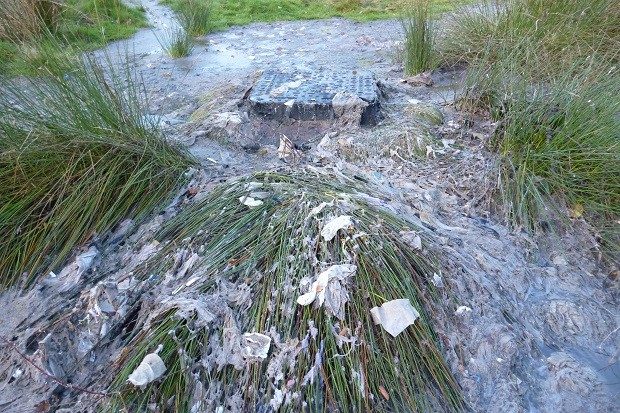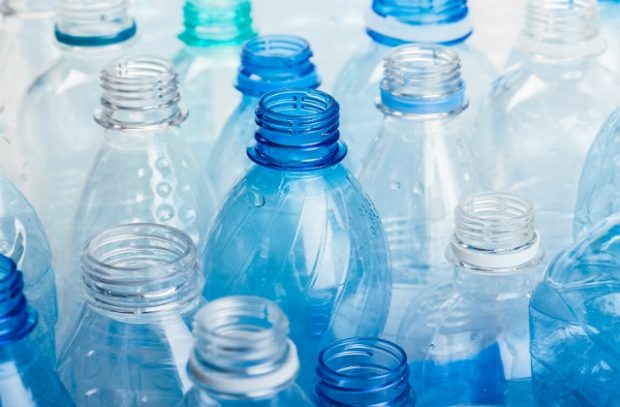
This morning there has been extensive coverage in the Daily Mail, Times, the I, Daily Mirror, Sky News and Daily Express of a Greenpeace survey of 13 UK rivers which found that they all contain varying levels of microplastics.
Greenpeace scientists at the University of Exeter detected microplastics in 28 of 30 locations tested, finding a total of 1,271 pieces of plastic with the highest concentrations in the River Mersey.
This report highlights the importance of the government’s ongoing work to tackle the problem of plastic pollution at home and around the world.
Responding to the report, a Defra spokesperson said:
The UK is a global leader in tackling plastic pollution and is already making great strides - banning microbeads in rinse-off personal care products, taking fifteen billion plastic bags out of circulation with our 5p carrier bag charge, and announcing plans to introduce a deposit return scheme for single use drinks containers.
We know there is more to do, which is why we are funding ground-breaking research into how microplastics enter waterways and working with the water industry to find new methods to detect, measure and remove microplastics from wastewater.
This research is being carried out by the University of Plymouth, which was awarded £200,000 in government funding, with results of the work to be published this summer.
The research will be used to inform future policy decisions on micro-plastics, and sit alongside our existing measures introduced to reduce the impact of plastic on rivers and oceans, such as our world-leading microbead ban, protecting 40% of English waters through Marine Protected Areas, and moving away from being a ‘throw-away’ society through our Resources and Waste Strategy.
Coca-Cola’s pledge to use 100% recycled plastic

There is coverage including in The Sun, The Grocer, Just Drinks, Packaging News, Marketing Week, Edit.net, and Recycling Magazine that Coca-Cola is switching to 100% recycled PET for its ‘GLACÉAU Smartwater’ bottles by the end of this year.
Coca-Cola has also pledged to incorporate a minimum of 50% recycled PET in all other plastic bottles from early 2020. Sprite bottles will switch from green plastic this September to clear plastic in order to help more of these bottles be recycled.
Together, these initiatives will mean that 23,000 tonnes of virgin plastic will no longer be used by the business from 2020.
Environment Minister Thérèse Coffey said:
Congratulations to Coca-Cola on making this significant step to help our natural environment. These initiatives, including using more recycled plastic in their bottles, set a fine example to other large businesses and we hope that others follow suit.
We all have a responsibility to our environment. Through our landmark Resources and Waste Strategy the government is committed to going further and faster to reduce, reuse and recycle for a more circular economy.
The government is committed to being a world leader in tackling plastic pollution. We have recently announced a range of measures to eliminate all avoidable plastic waste, underpinned by our landmark Resources and Waste Strategy.
Key government actions include our world-leading ban on microbeads, taking over 15 billion plastic bags out of circulation with our 5p plastic bag charge and plans to extend it to all retailers, and consulting on introducing a deposit return scheme to drive-up the recycling of drinks bottles and cans.
We will also introduce a new world-leading tax on plastic packaging which doesn’t meet a minimum threshold of at least 30% recycled content from April 2022, subject to consultation, to encourage greater use of recycled plastic to tackle the problem of plastic waste and protect our environment. This will address the current issue of it often being cheaper to use new, non-recycled plastic material despite its greater environmental impact.